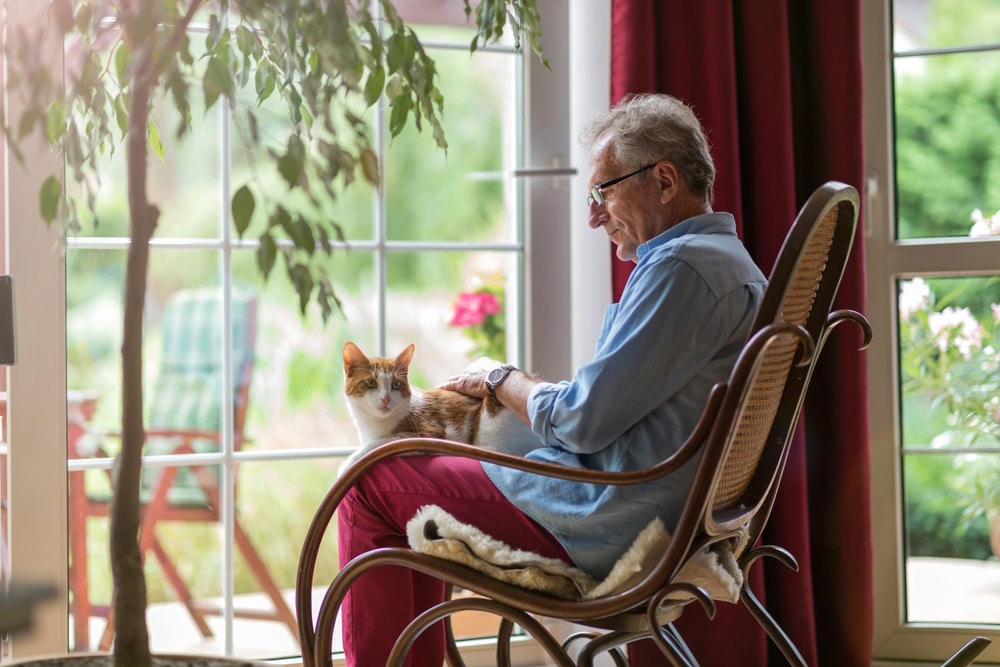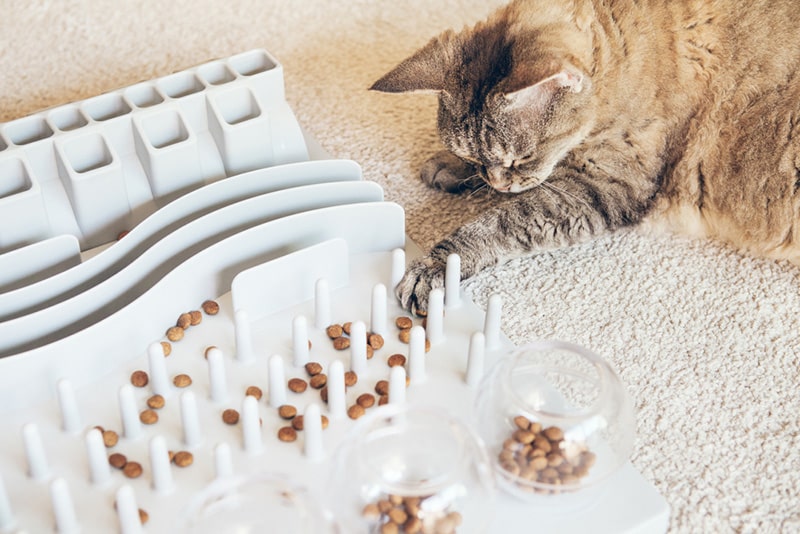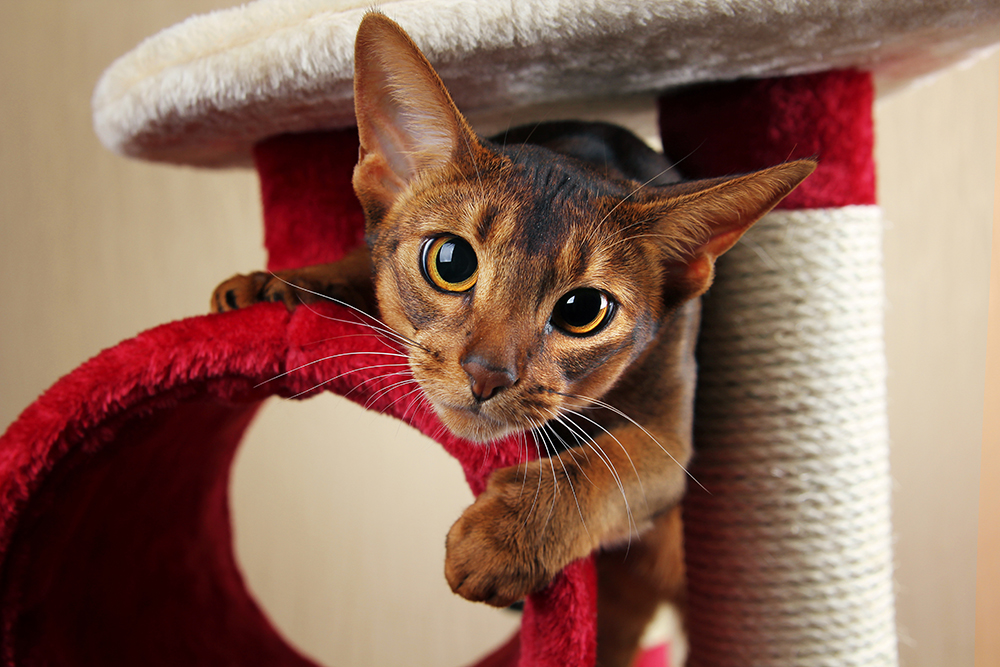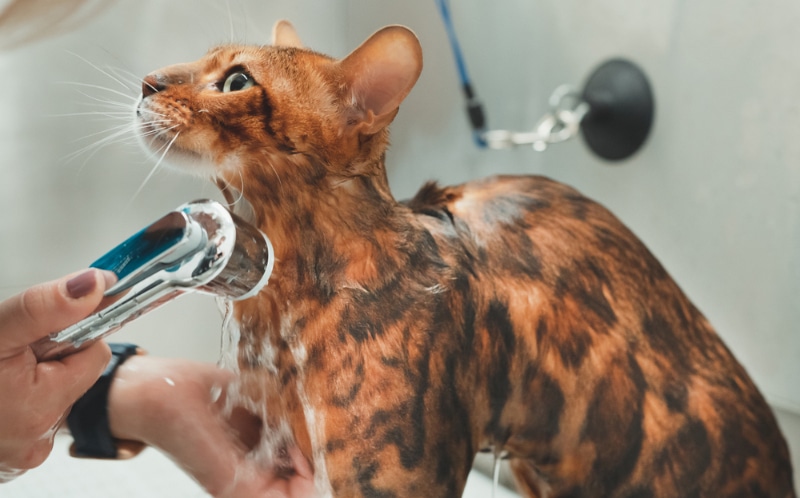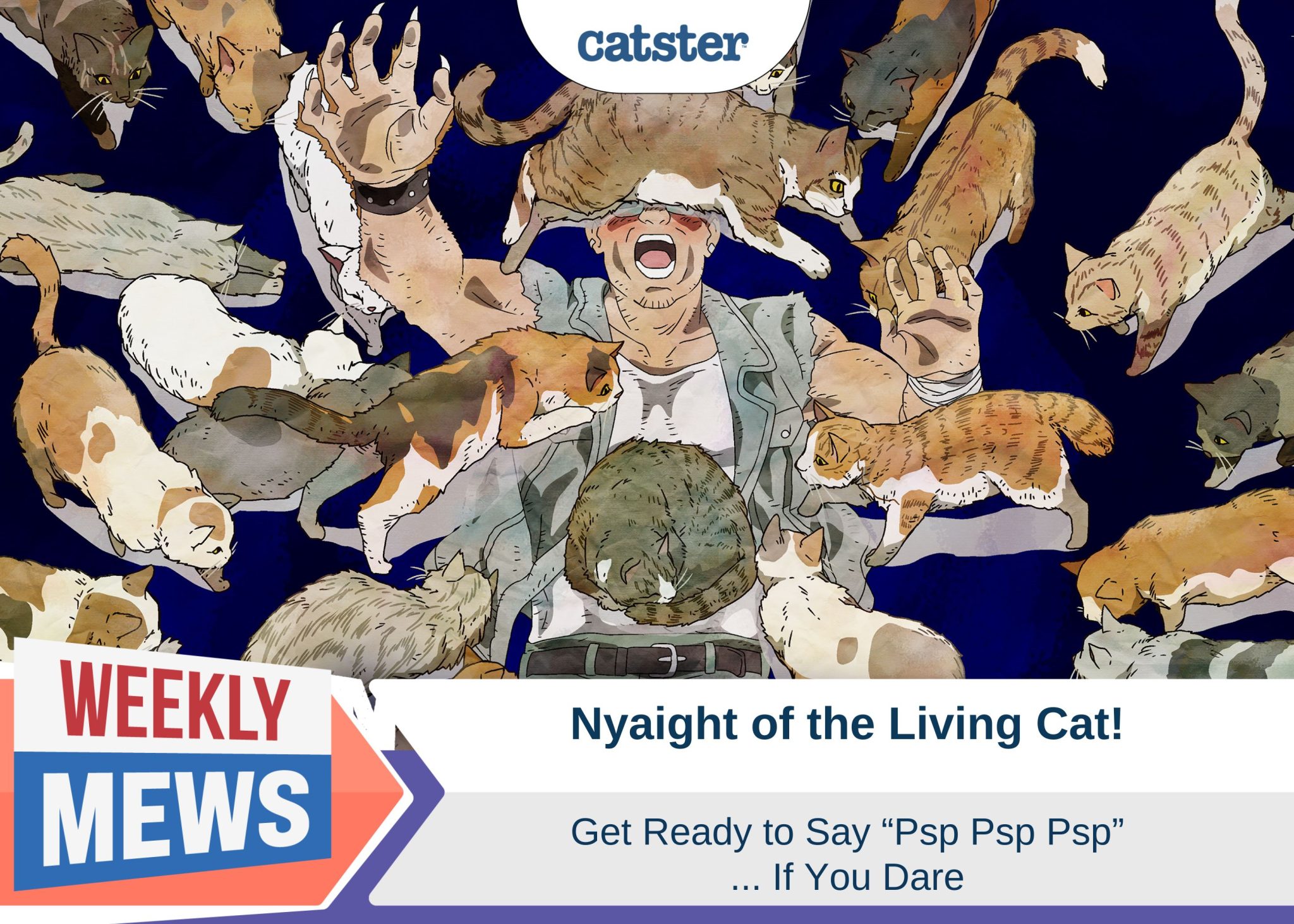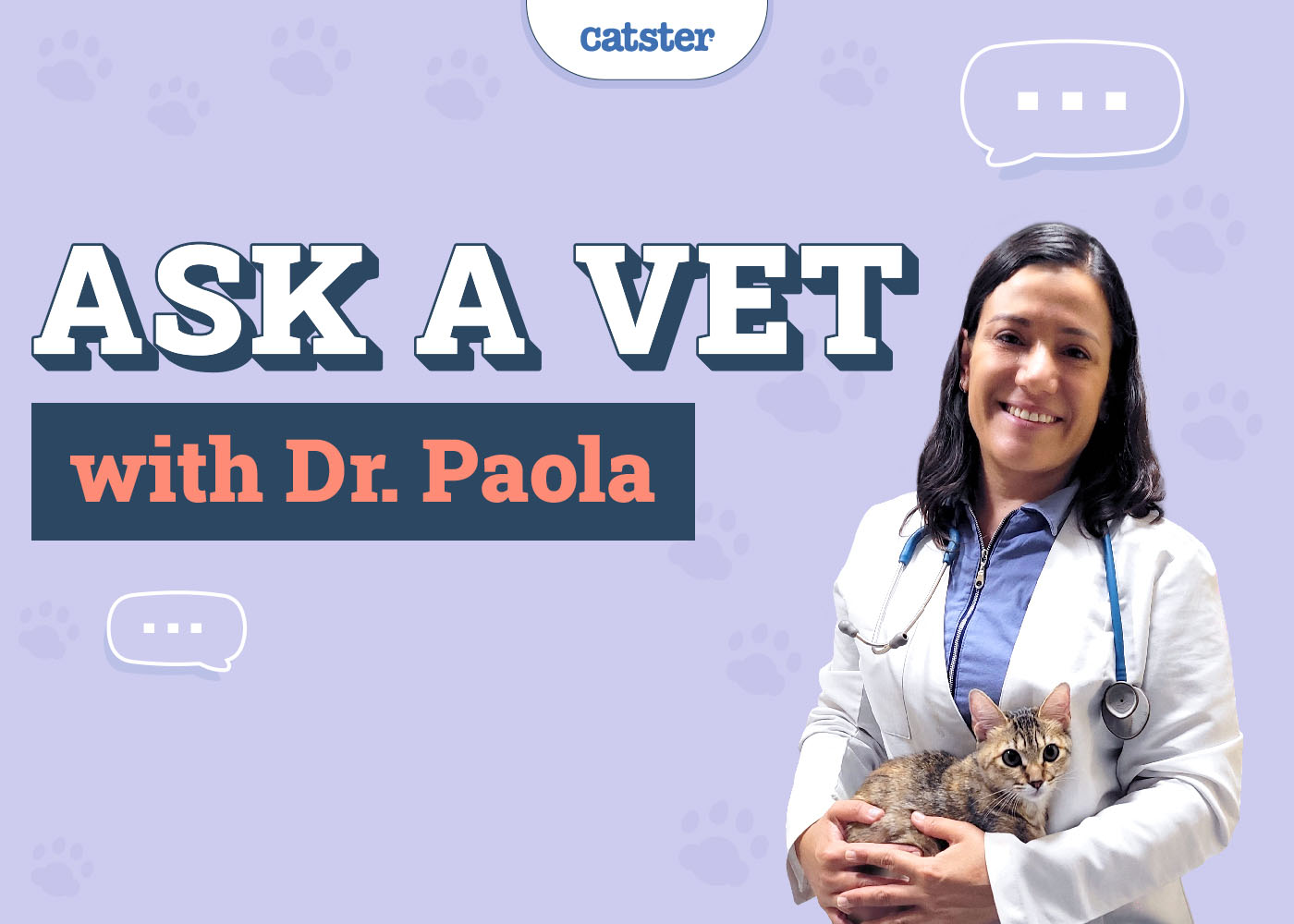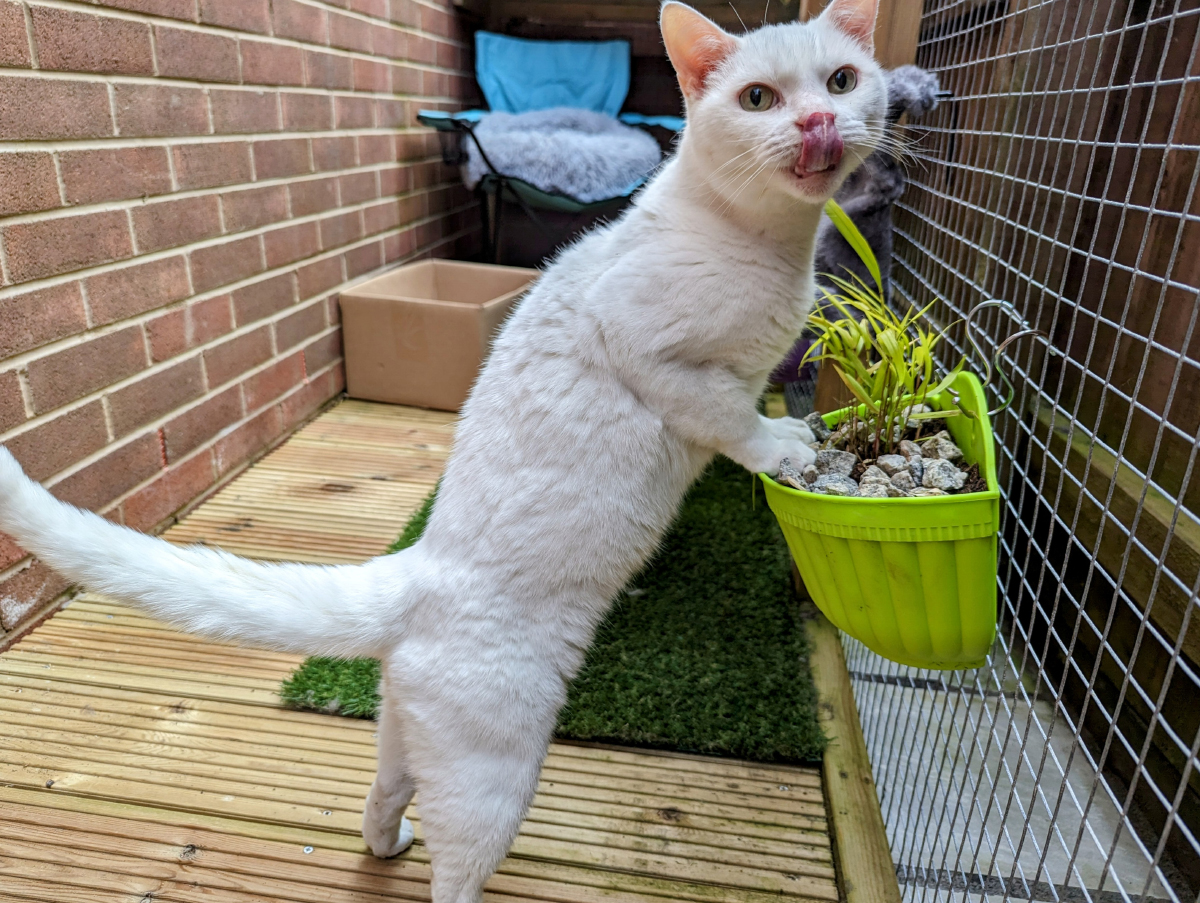Click to Skip Ahead
It’s a common practice to have therapy animals visit nursing home residents. They usually have scheduled visits where residents can interact with them for a certain amount of time. While it’s less common, some nursing homes have cats that live there. These cats are often foster cats or adopted cats, and they usually add therapeutic benefits to the nursing home.
Because cats can provide valuable companionship for people in nursing homes, you may want to consider introducing a cat to a nursing home where you work or where a loved one lives. They may just brighten up the community and boost morale among residents.
How Does It Work?
Cats can become residents or visitors at nursing homes in a variety of ways. For example, some nursing homes will allow pet cats to accompany their owners as they transition to living in a nursing home. Nursing homes can also have pet therapy programs that schedule time for cats to visit residents.
Those who are in support of cats in nursing homes often highlight the therapeutic benefits that cats can bring to people’s lives. Cats can help lower stress and boost one’s mental health. They can also help reduce loneliness, and people living with cats may also have a higher chance of being connected to social support than individuals without pets. Since cats can have a positive impact on people’s lives, most cats that live in nursing homes are there with the primary purpose of providing companionship and improving the residents’ mental health.

What Are the Different Types of Cats in Nursing Homes?
As we’ve mentioned before, cats can become residents or visitors to nursing homes. Here are some ways that cats can enter into a nursing home.
Therapy Cats
Therapy cats are cats that have temperaments and training that help people experiencing emotional, mental, or physical pain. Contrary to popular belief, not all cats are aloof and don’t like being touched. There are many cat breeds that are known for being very affectionate and social. Some studies have shown that therapy cats can be just as effective as therapy dogs in their respective lines of work.
Some nursing homes work with therapy cats and their handlers and have them visit residents that they believe would benefit from spending time with them. They can also have therapy cat visits included in their daily schedule, and interested residents can spend time with the cats during these visits.
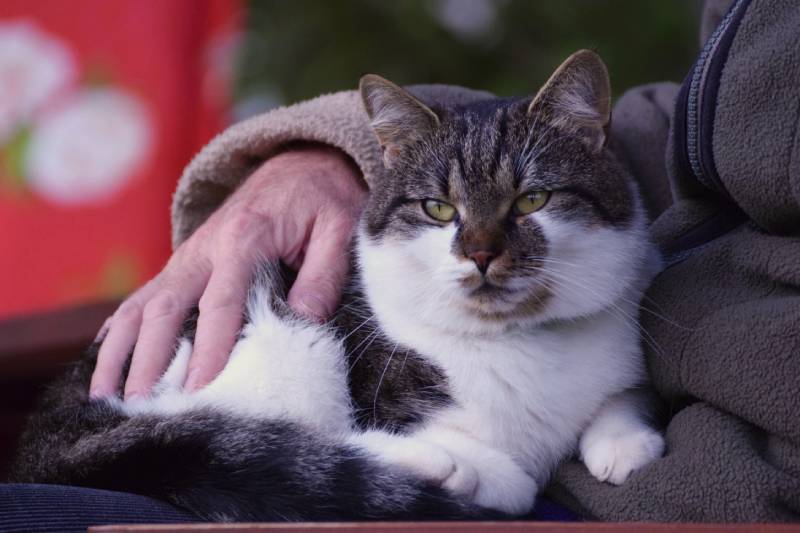
Pet Cats
Some nursing homes may allow pet cats to live with their owners if they have a private room. However, skilled nursing facilities may not allow pets because they’re categorized as medical facilities. If cats aren’t allowed at a nursing home, they may still be allowed to enter the facilities during visiting hours.
Foster Cat Care Program
While it’s not common, some assisted living and nursing homes may be participants of a foster cat care program. These facilities will take in foster cats and incorporate ways for residents to help care for them. Along with providing companionship, caring for a cat can give nursing home residents a sense of purpose. Foster cats also benefit because they can socialize with people and have a comfortable home to live in. These types of programs also help create space for animal shelters and help cat adoption processes.
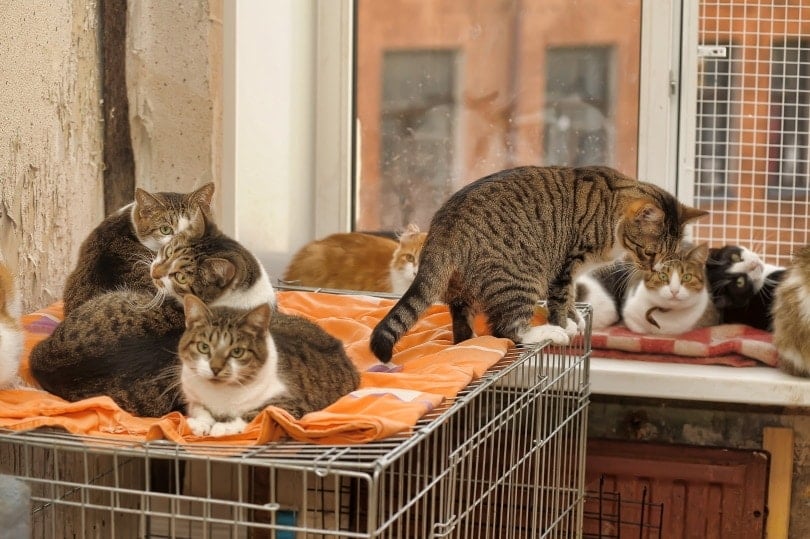
Where Is It Used?
Therapy cats are often visitors of nursing home residents. Residents can spend time holding them, feeding them treats, or brushing them. They may also visit hospital patients to provide emotional support and companionship. They often boost morale and help people feel better as they’re going through treatment or recovering from an illness.
You’ll also find therapy cats working with individuals with autism. Studies have shown that children with neurodivergence can become more engaged in the presence of a therapy animal. They can also feel calmer when holding or petting a therapy cat. Therapy animals may even help children stay attentive during their therapy sessions, which leads to improvements in communication skills and prosocial behaviors.
Advantages of Cats in Nursing Homes
Cats can meet several needs that are commonly found in nursing homes. Along with boosting one’s mental health, they provide companionship and can help people feel less isolated and lonely. Incorporating caring for cats into a daily routine can also reduce agitation and improve moods in people with memory loss.
Cats may also benefit people’s physical health. While the exact reason is yet to be found, there’s a correlation between cat ownership and reducing the risk of a heart attack. One study also found that living with cats reduced occurrences of headaches, back pain, and colds.
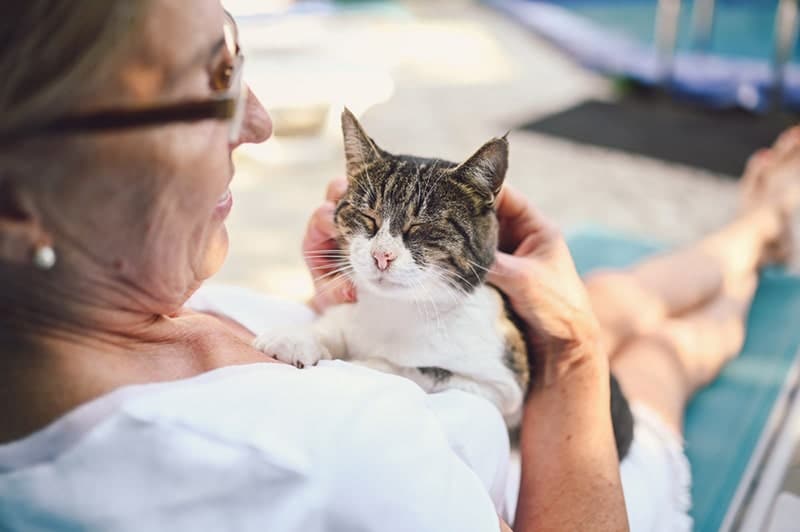
Disadvantages of Cats in Nursing Homes
One of the main disadvantages of cats in nursing homes is cat allergies. People are twice as likely to have cat allergies over dog allergies, and cat allergies can cause significant discomfort for nursing home residents. Along with causing allergy symptoms, they can cause asthma flare-ups and cause significant distress for people with respiratory issues.
You’ll also have to find someone at the nursing home who can take care of the cats adequately. This will add extra responsibility to staff who may already have their hands full caring for their residents.
Frequently Asked Questions
Why are cats used in therapy?
Even though dogs are common and widely accepted as therapy animals, cats are just as capable of engaging in therapeutic work. Cats make excellent candidates for therapy work because of their calm and quiet presence. Many cats enjoy being petted and show their affection for others freely. Some studies are exploring the benefits a cat’s purr has on people’s physical health. These studies suggest that a cat’s purring may help reduce inflammation and heal minor wounds.
How does a cat become a therapy cat?
Just like how not all dogs are suited for therapy work, certain cats make better candidates in this field. Cats that become successful therapy cats usually share similar temperaments and personality traits. These cats have calm demeanors and aren’t easily startled. They enjoy being around people, receiving attention, and getting pets.
Training can help immensely for therapy cats. Early socialization will help them get used to being in various environments and meeting different people. Teaching them basic commands, like “sit” and “lay down,” can help in situations where people want to pet them. Some cats can also learn to wear a harness and walk with a leash.
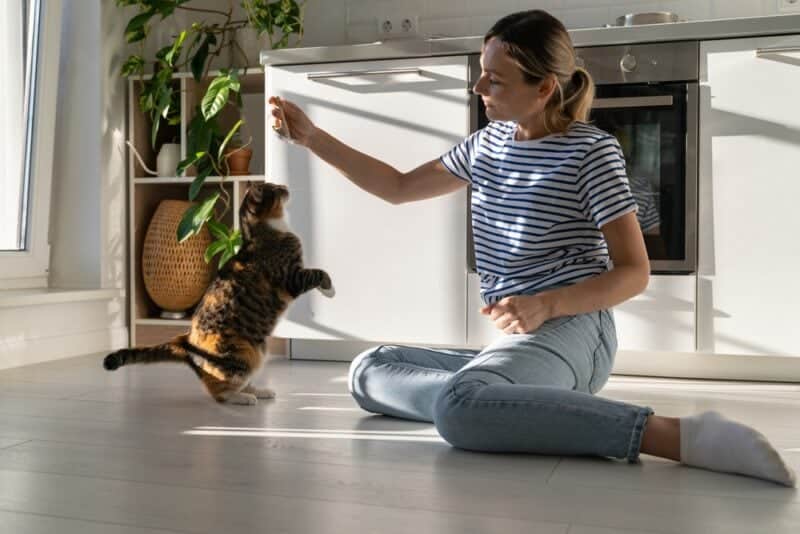
What cat breeds are most suitable for nursing homes?
A cat’s pedigree isn’t an absolute factor that determines a cat’s eligibility for therapy work. However, certain cat breeds are known to have temperaments that are more suitable for it. Some popular cat breeds for emotional support and therapy work include Persians, Ragdolls, Maine Coons, Siamese, and Russian Blues. These breeds are known for their calm and affectionate personalities. They’re also pretty easygoing and usually like being lap cats.
Conclusion
Bringing a cat into a nursing home requires a lot of thought and preparation. The cat must have a caregiver who can provide adequate care consistently, and potential health concerns like allergies must be addressed. If having a cat in a nursing home is a viable option, residents may be able to experience the many benefits that come with living with cats. You may see positive morale, improved mental health, and reduced feelings of loneliness. Cats in nursing homes may also help animal adoption organizations by providing a safe, temporary home for adoptable cats until they find a permanent home. Since there are significant benefits to bringing cats into nursing homes, make sure to take time to explore this option to see if it’s a good fit for the nursing homes in your community.
Featured Image Credit: pikselstock, Shutterstock

